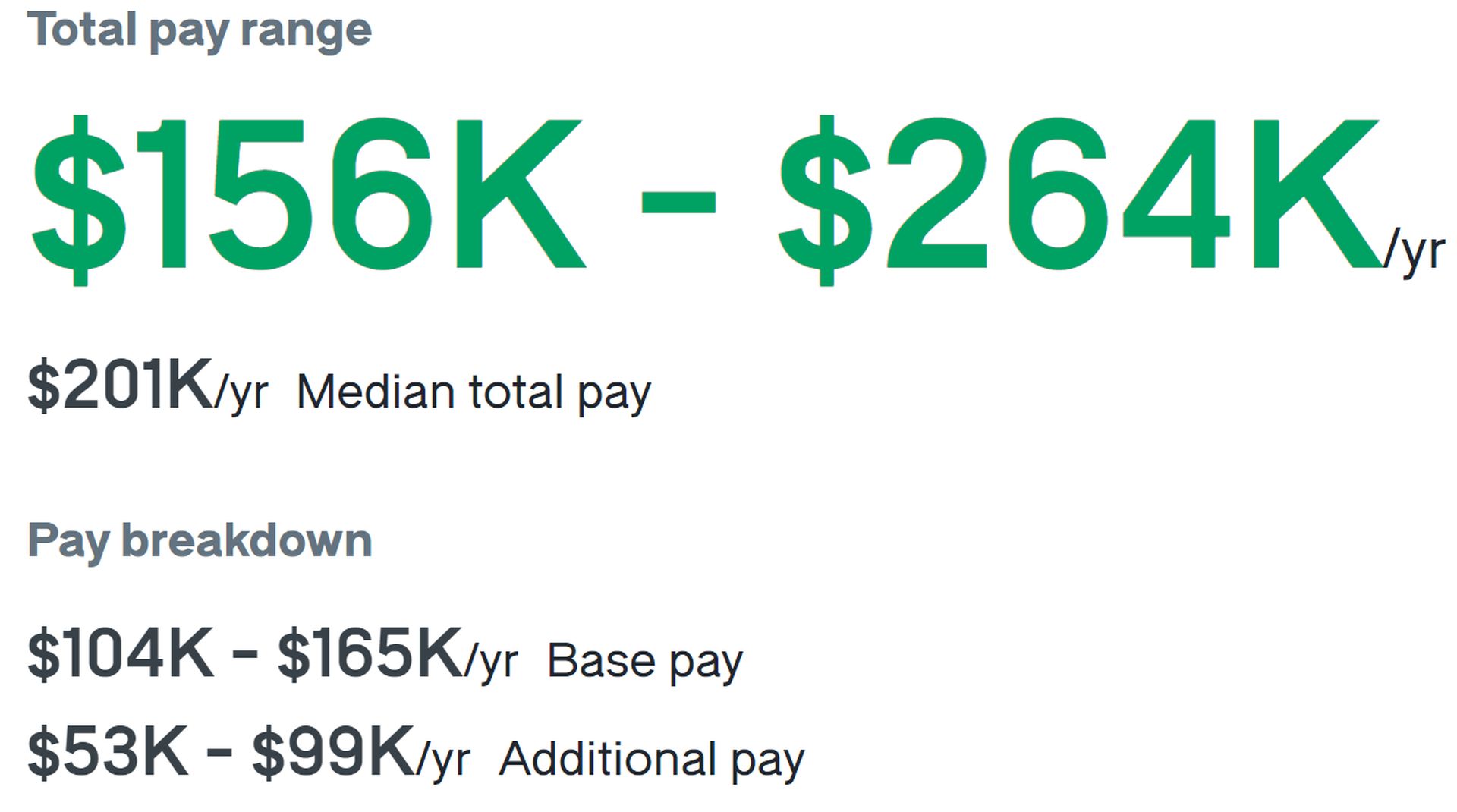Have you ever wondered, “How to become an AI engineer?” Since the sudden introduction of artificial intelligence into our lives, AI engineering has gained great importance in various sectors.
If you want to become an AI engineer, we will share with you what you will need and why you should. Let’s get started!
How to become an AI Engineer?
The answer to this question depends primarily on the level of education. However, we should not limit this to education. Even people who have not completed university or high school can achieve great things. In other words, even if they are not an “AI Engineer” as a title, they can do those jobs. I will even give an example like this: someone who records music introduces himself as a sound engineer.

Now, let’s answer the question of how to become an AI engineer.
- Let’s start with undergraduate education. The first step to becoming an AI engineer is to get a bachelor’s degree in computer science, software engineering, mathematics, or a similar field.
- You may also want to consider a master’s degree. After completing your bachelor’s degree, you may need a master’s degree in artificial intelligence or data science to gain more in-depth knowledge in this field. Master’s programs will cover advanced algorithms, machine learning, and deep learning, making your job easier.
- As mentioned above, people may not necessarily need to complete a degree program. Various certifications and online courses can also help. A friend who studied Philosophy at university is now a software engineer. And how did he become one? Thanks to the certificates he got. So these courses can make your job even easier.
What are the necessary skills?
To become an AI engineer, you must have various technical and analytical skills. So you will need the following:
- Knowing programming languages like Python, R, Java, and C++ will make your job easier. If you know these languages, you can develop algorithms and analyze data.
- Since AI algorithms are often based on mathematical models, you must be proficient in mathematical topics such as linear algebra, calculus, and probability theory.
- Machine learning will be essential to understand and apply algorithms. It is a must for AI engineering.
- The ability to collect, process, and analyze data is critical for AI engineers. Working on large data sets and drawing meaningful conclusions from that data can be the key to success.

What is AI Engineering?
AI engineering is a branch of engineering that develops and applies artificial intelligence technologies. AI engineers use their knowledge in disciplines such as mathematics, statistics, computer science, and data science to create AI solutions. They develop algorithms, build data models, and apply these models to real-world problems to create solutions.
How do I gain practical experience?
In addition to theoretical knowledge, it is of great importance to gain experience by working on real-world projects. Internship programs, projects, and hackathons can help you develop practical skills in this area. You can also collaborate and share knowledge with other AI engineers by contributing to open-source projects and participating in online communities.
How much is an AI Engineer’s salary?
Here’s a rough estimate of AI engineer salaries in the United States based on experience:

What are AI Engineer jobs?
AI Engineers are in demand across a wide range of industries due to the versatility of AI applications. Here are some of the leading industries that employ AI engineers:
- Technology: Unsurprisingly, this sector is a major hub for AI engineers. From developing search algorithms and recommendation systems (e.g., Google, Amazon) to building intelligent assistants and chatbots (e.g., Apple, Microsoft), tech companies leverage AI in various areas.
- Finance: AI is transforming the financial industry by automating fraud detection, risk assessment, and algorithmic trading tasks. Banks, investment firms, and fintech startups need AI engineers to build and maintain these systems.
- Healthcare: The healthcare industry is rapidly adopting AI for medical diagnostics, drug discovery, and personalized medicine. AI engineers are working to develop AI-powered tools for image analysis, patient monitoring, and robotic surgery.
- Retail: AI plays a big role in personalizing the shopping experience, optimizing logistics, and managing inventory. Retail companies employ AI engineers to build recommendation engines, chatbots for customer service, and automated inventory management systems.
- Manufacturing: AI is driving Industry 4.0, with applications in areas such as predictive maintenance, robot control, and production line optimization. Manufacturing companies need AI engineers to develop and integrate these intelligent systems.
- Transportation: The rise of driverless cars and autonomous vehicles relies heavily on AI for object recognition, navigation, and decision-making tasks. AI engineers are crucial for developing and improving these technologies in the automotive and transportation sectors.
- Media and Entertainment: AI is used in content creation, personalization, and recommendation systems for streaming services and social media platforms. Media companies hire AI engineers to build these intelligent systems and analyze user data.
In this detailed guide on how to become an AI engineer, we have outlined the steps you need to follow and the skills you need to acquire to succeed in AI engineering. By following these steps and continuously developing yourself, you can build a successful career in AI engineering. AI engineering is a constantly evolving and changing field, so it is important to stay up to date-and adapt to new technologies.
Featured image credit: Freepik





